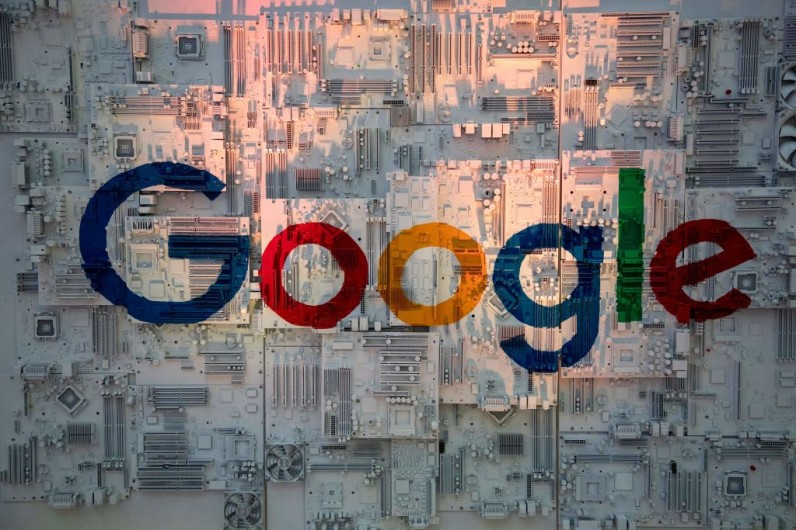
In a significant antitrust decision, a US federal judge ruled that Google can keep both its Chrome browser and Android operating system, rejecting calls for the company to sell them off.
The court did require Google to provide rival companies with key search data, a move aimed at fostering fairer competition in the online search industry.
The decision came from US District Judge Amit Mehta, wrapping up a five-year legal battle over Google's dominance in online search.
While the judge ruled in 2023 that Google held an illegal monopoly, his latest order avoids breaking up the company's core products.
Rather than breaking up its services, the ruling compels Google to give competitors access to portions of its search data that fuel its advertising operations.
Google's parent company, Alphabet, saw its stock rise over 7% after the announcement, Reuters said.
Investors welcomed the decision, reassured that Google will retain control of Chrome and Android, two of its most valuable assets.
But this win comes with new responsibilities. Google can no longer make exclusive deals that block other search engines or apps from being installed on devices.
Judge Allows Google To Keep Chrome But Orders It To Share Search Data With Competitorshttps://t.co/wLkc17z9aJ pic.twitter.com/VB4azvxDZi
— Forbes (@Forbes) September 2, 2025
Google Raises Privacy Concerns Over Data Sharing Ruling
These contracts had helped Google stay the default choice on most smartphones and web browsers.
According to CNN, Judge Mehta explained his approach by saying, "The court is asked to gaze into a crystal ball and look to the future. Not exactly a judge's forte."
He pointed out that artificial intelligence tools like ChatGPT are already offering new ways for people to search for information.
Google, in a blog post, said it's reviewing the decision and raised concerns about privacy. "We have concerns about how these requirements will impact our users and their privacy," the company said.
The US Department of Justice welcomed the ruling. Assistant Attorney General Abigail Slater said the decision "recognizes the need for remedies that will pry open the market for general search services."
Although the judge allowed Google to keep paying Apple to be the default search engine on iPhones, he banned exclusive contracts that limit competition. Analysts say this opens the door for new search engines and AI tools to gain ground.
Stanford lecturer Robert Siegel called the ruling "a win" for Google but warned that the company will now need to compete more directly for users' attention.







Join the Conversation